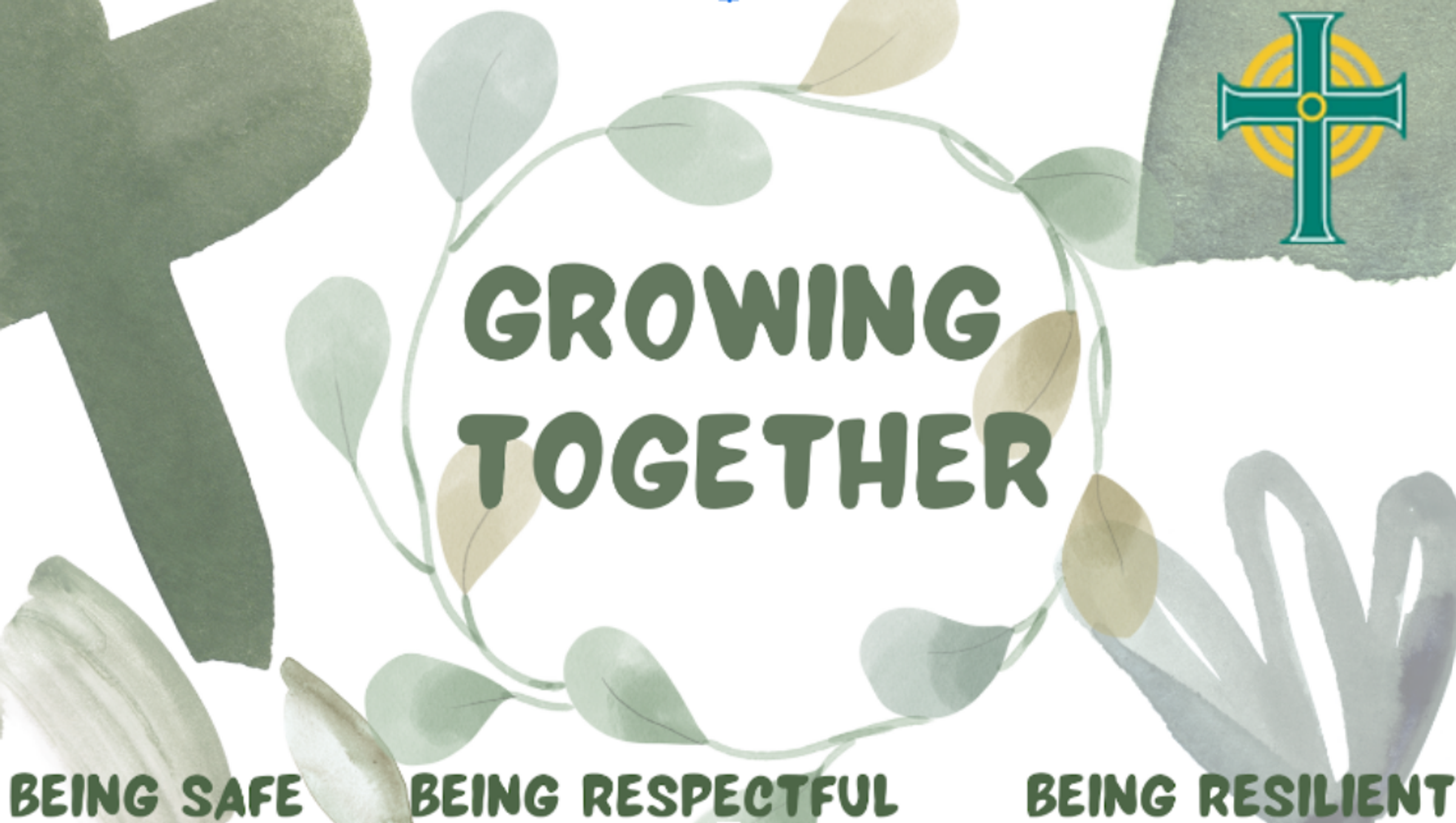Wellbeing

RRRR in the Classroom
The Resilience, Rights and Respectful Relationships (RRRR) teaching and learning materials have been developed to support schools to deliver the curriculum and are mandated to be taught in all Victorian government schools.
At St Bede's we all want our children to have an education that gives them the best start to a happy, healthy and prosperous life. This approach leads to positive change in students’ academic outcomes, their wellbeing, classroom behaviour, and relationships between teachers and students. We know that changes in attitudes and behaviour can be achieved when positive attitudes, behaviours and gender equality are lived across the school community. Together, we can lead the way in creating genuine and lasting change so every child has the opportunity to achieve their full potential.
This term our teaching has had a focus on the Topic, Problem Solving.
The Problem Solving topic in the RRRR curriculum supports students in developing the skills to identify problems, consider different perspectives, and work towards respectful and fair solutions. Beginning in the early years, students learn to recognise everyday social challenges—like sharing, taking turns, or resolving playground disagreements. As students grow, they begin to explore more complex issues such as group decision-making, dealing with exclusion, and managing conflict calmly and respectfully.
Through age-appropriate discussions, role-plays, and collaborative tasks, students build their ability to think critically, manage their emotions, and communicate effectively. Across all levels, this topic encourages empathy, respectful listening, and a growth mindset—key skills that align with the Catholic values of dignity, compassion, and reconciliation.
By learning to solve problems together, students build resilience and become confident, responsible members of their school and wider community.
The information below outlines the aims for learning in each year level:
Prep
Activities will assist students to:
• Recognise the needs and interests of others
• Listen to others’ ideas and recognise that others may see things differently
• Recognise there are many ways to solve conflict
• Identify options when making decisions to meet their needs and the needs of others
• Identify cooperative behaviours in a range of group activities
• Practise individual and group decision making
• Practise solving simple interpersonal problems.
1/2
Activities will assist students to:
• Recognise there are many ways to solve conflict
• Describe similarities and differences in points of view between themselves and people in their communities
• Identify cooperative behaviours in a range of group activities
• Practise individual and group decision-making
• Practise solving simple interpersonal problems.
3/4
Activities will assist students to:
• Identify communication skills that enhance relationships for particular groups and purposes
• Describe characteristics of cooperative behaviour and identify evidence of these in group activities
• Contribute to and predict the consequences of group decisions in a range of situations
• Identify a range of conflict resolution strategies to negotiate positive outcomes to problems
• Discuss the concept of leadership and identify situations where it is appropriate to adopt this role
• Describe and apply strategies that can be used in situations that make them feel uncomfortable or unsafe
5/6
Activities will assist students to:
• Devise strategies and plans to assist in the completion of challenging tasks, decisions
or problems
• Identify factors that influence decision making
• Identify causes and effects of conflict and practise different strategies to diffuse or resolve it.
Justin McFarlane
Student Wellbeing Leader
